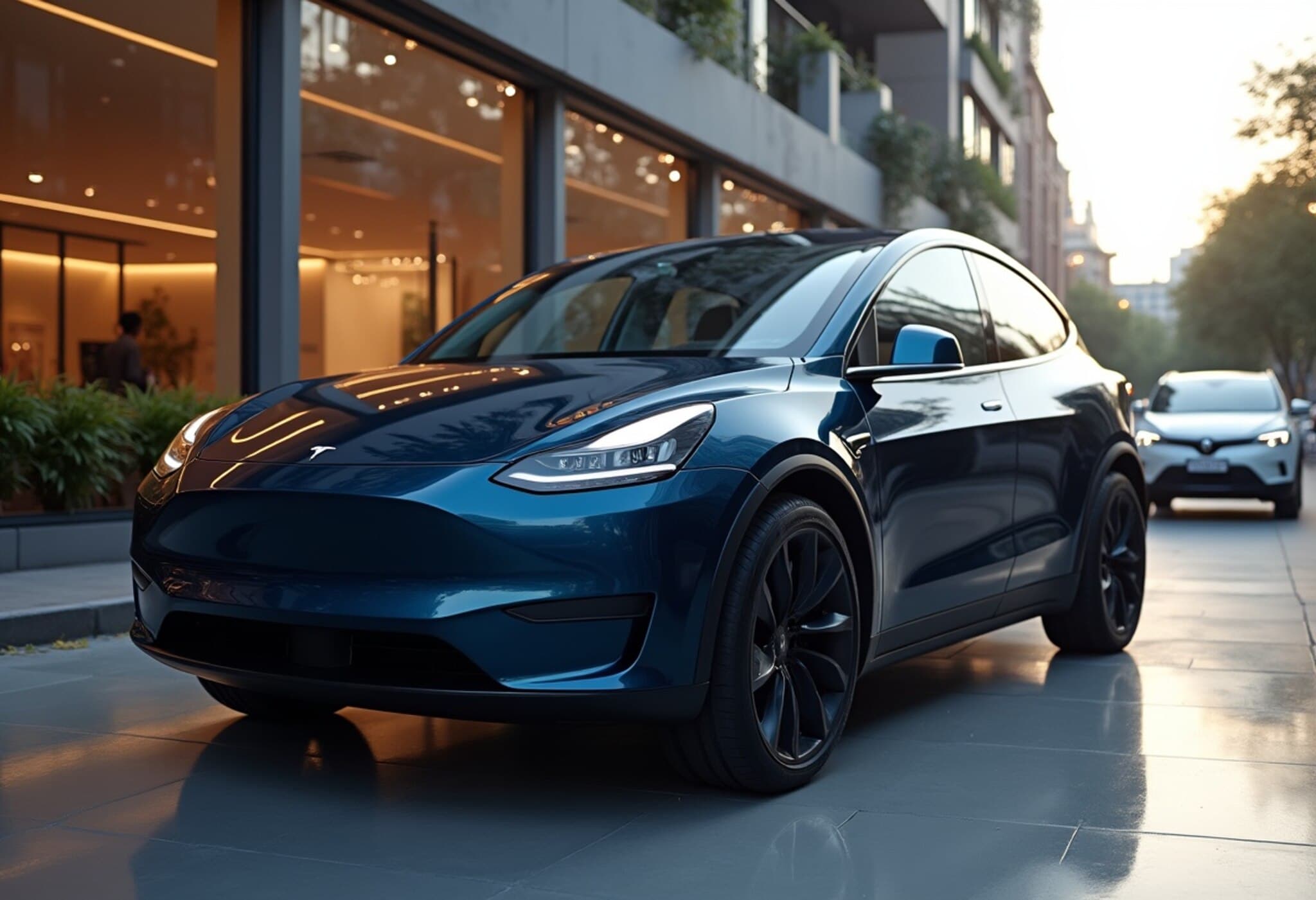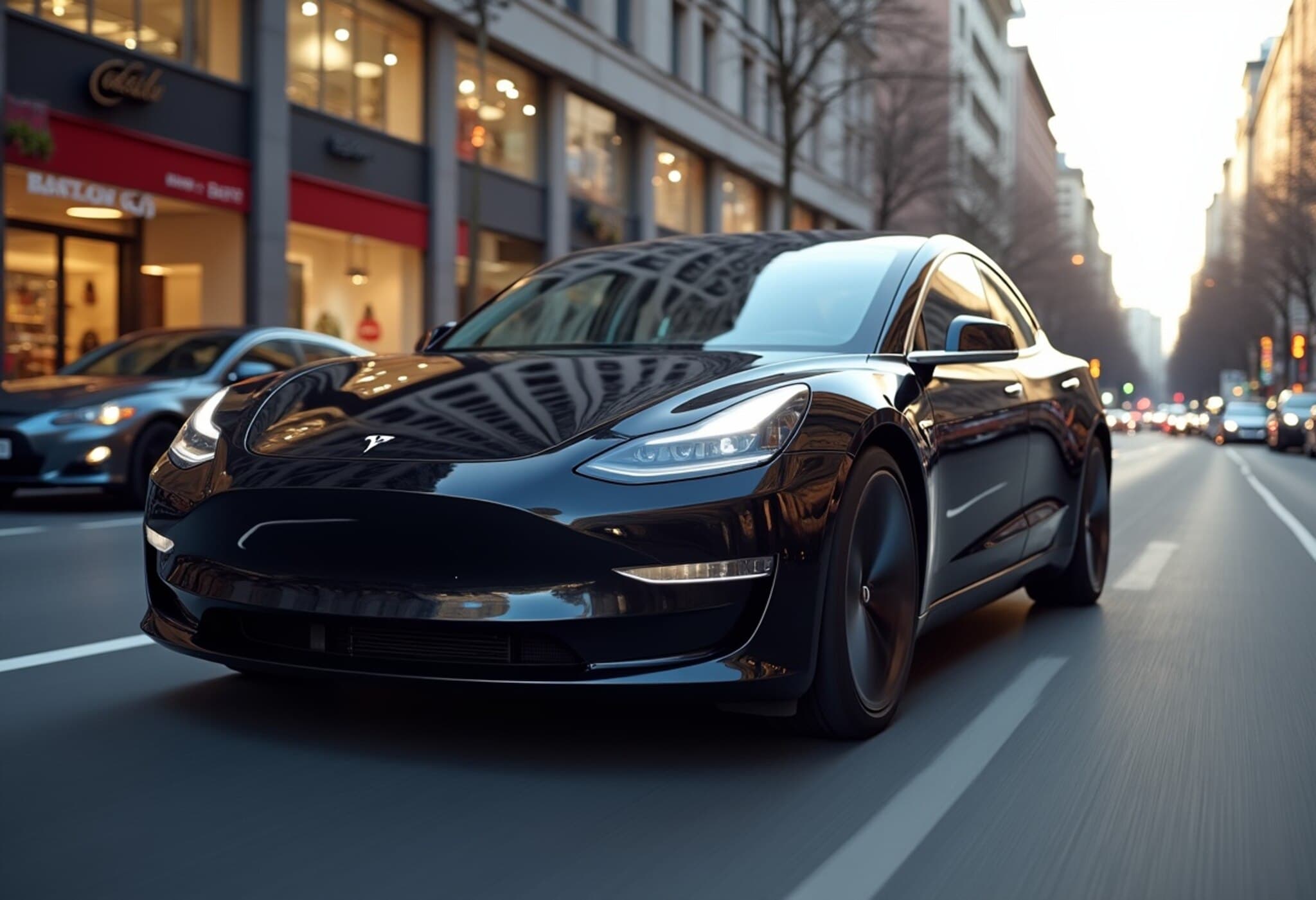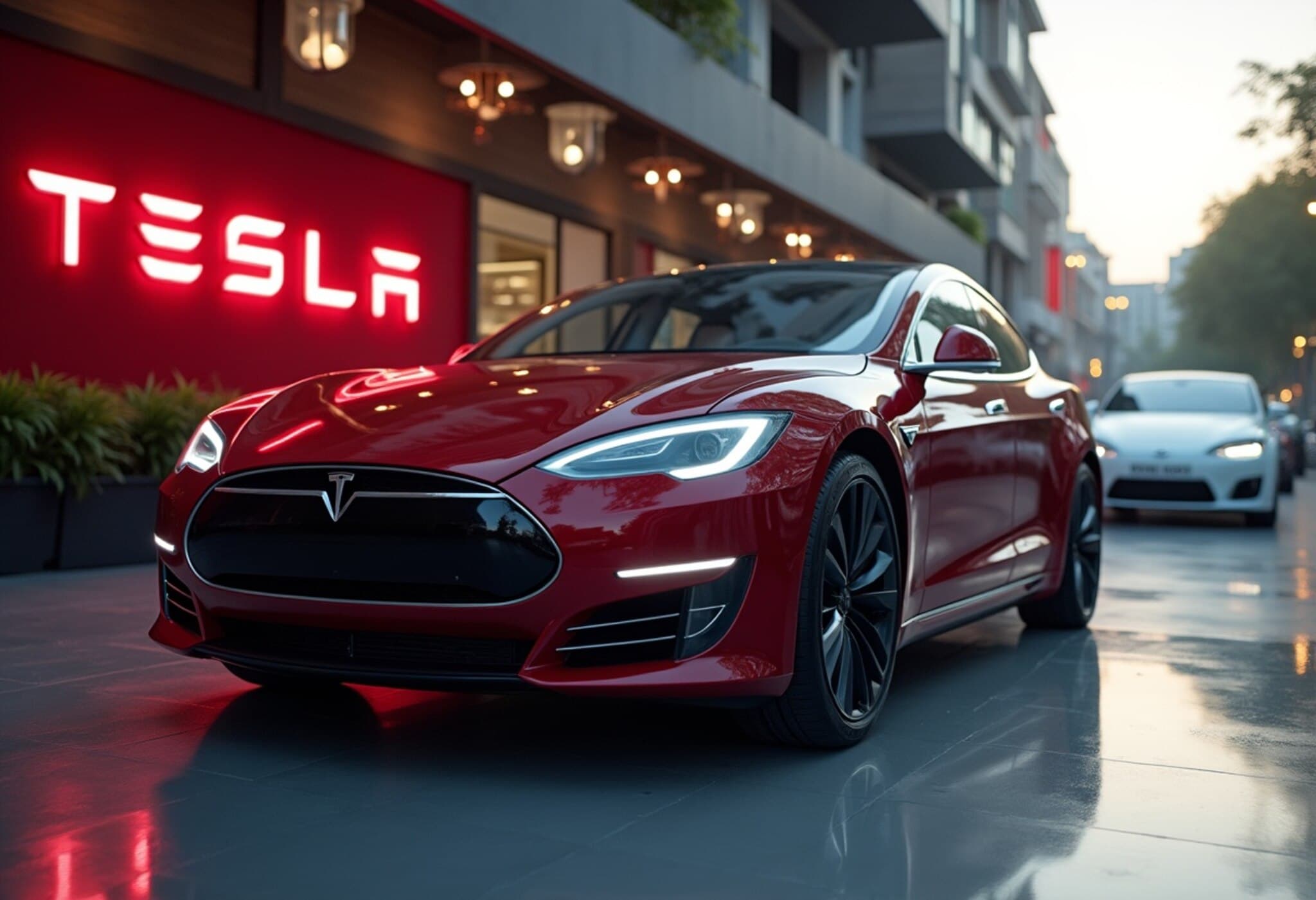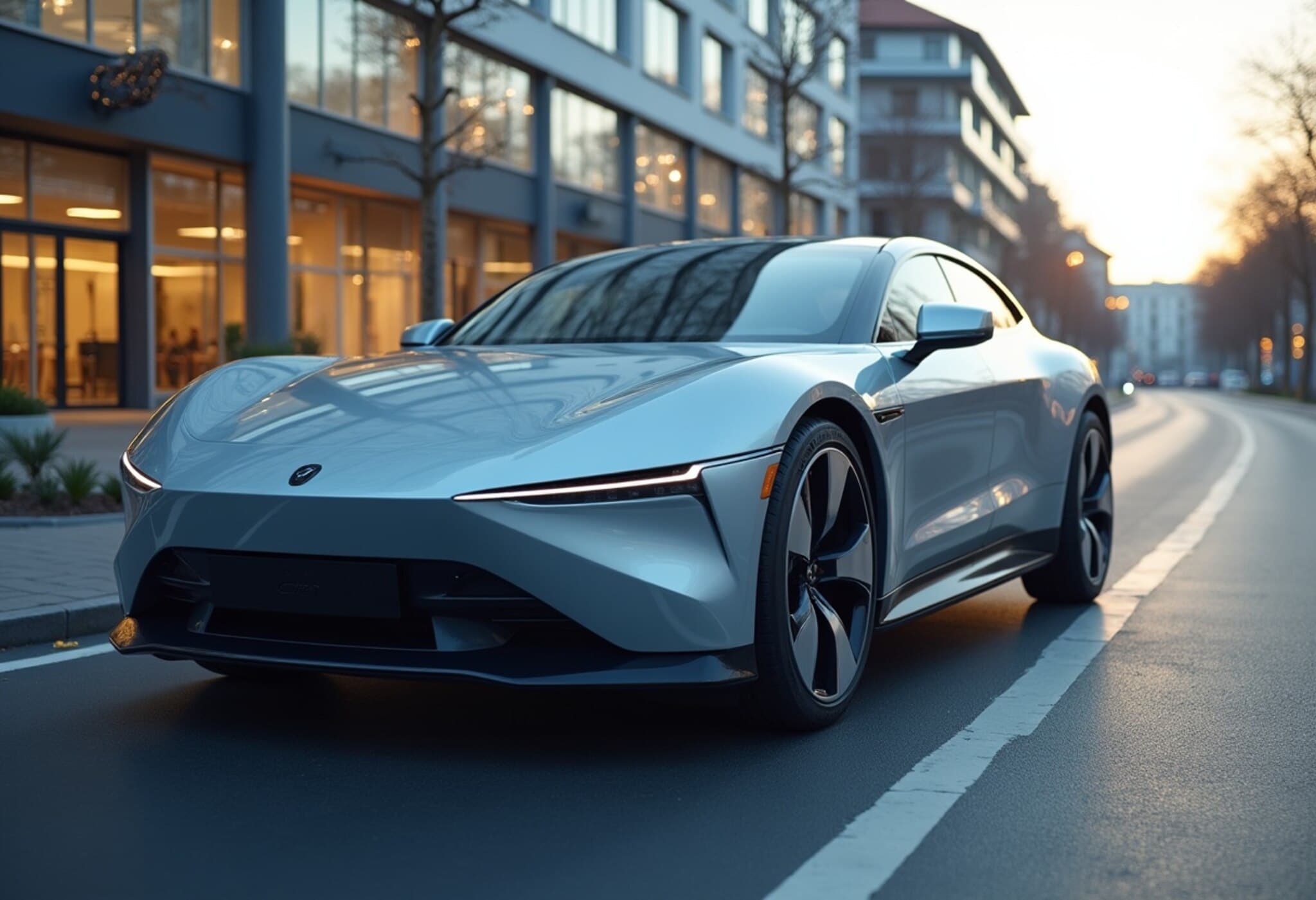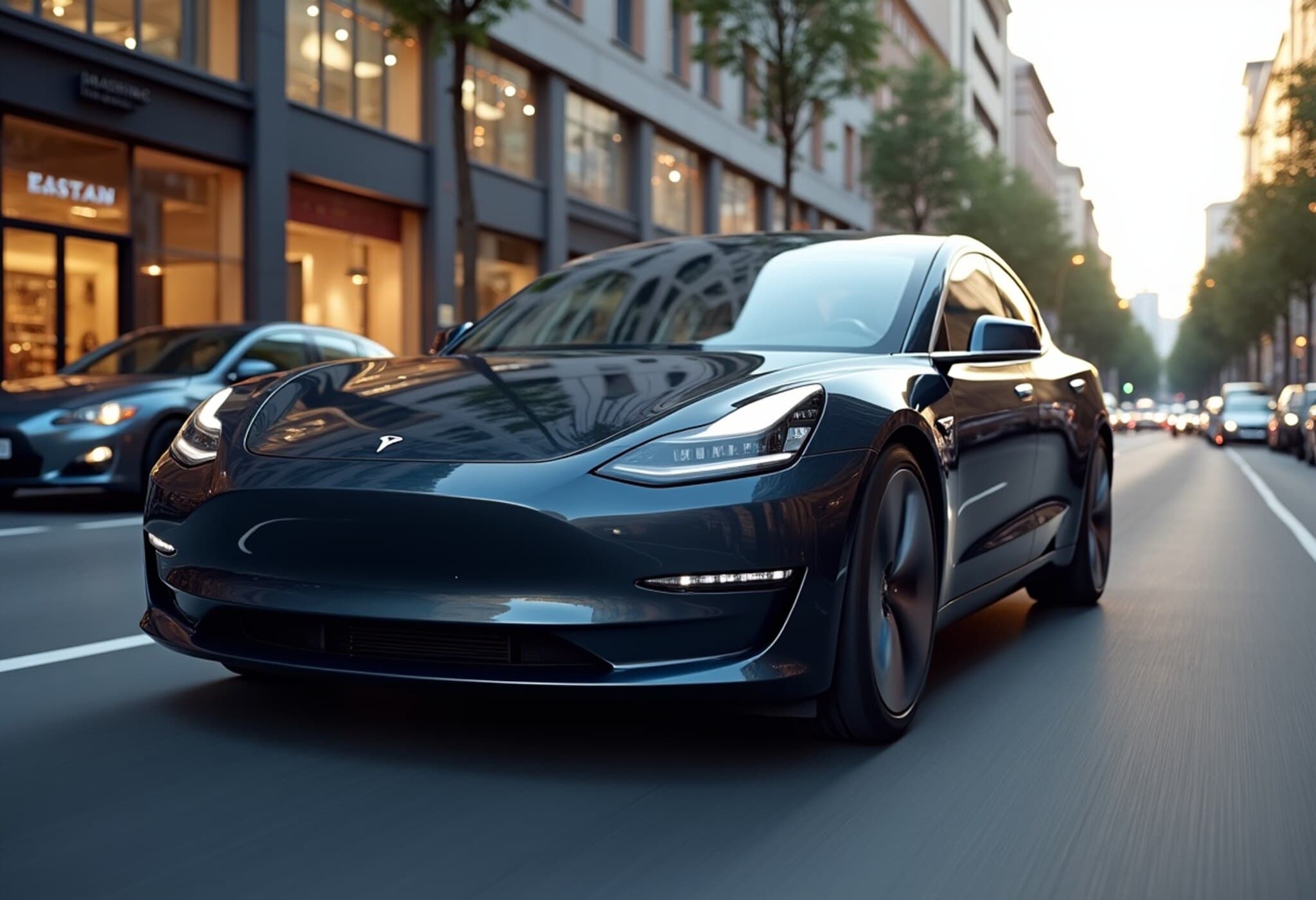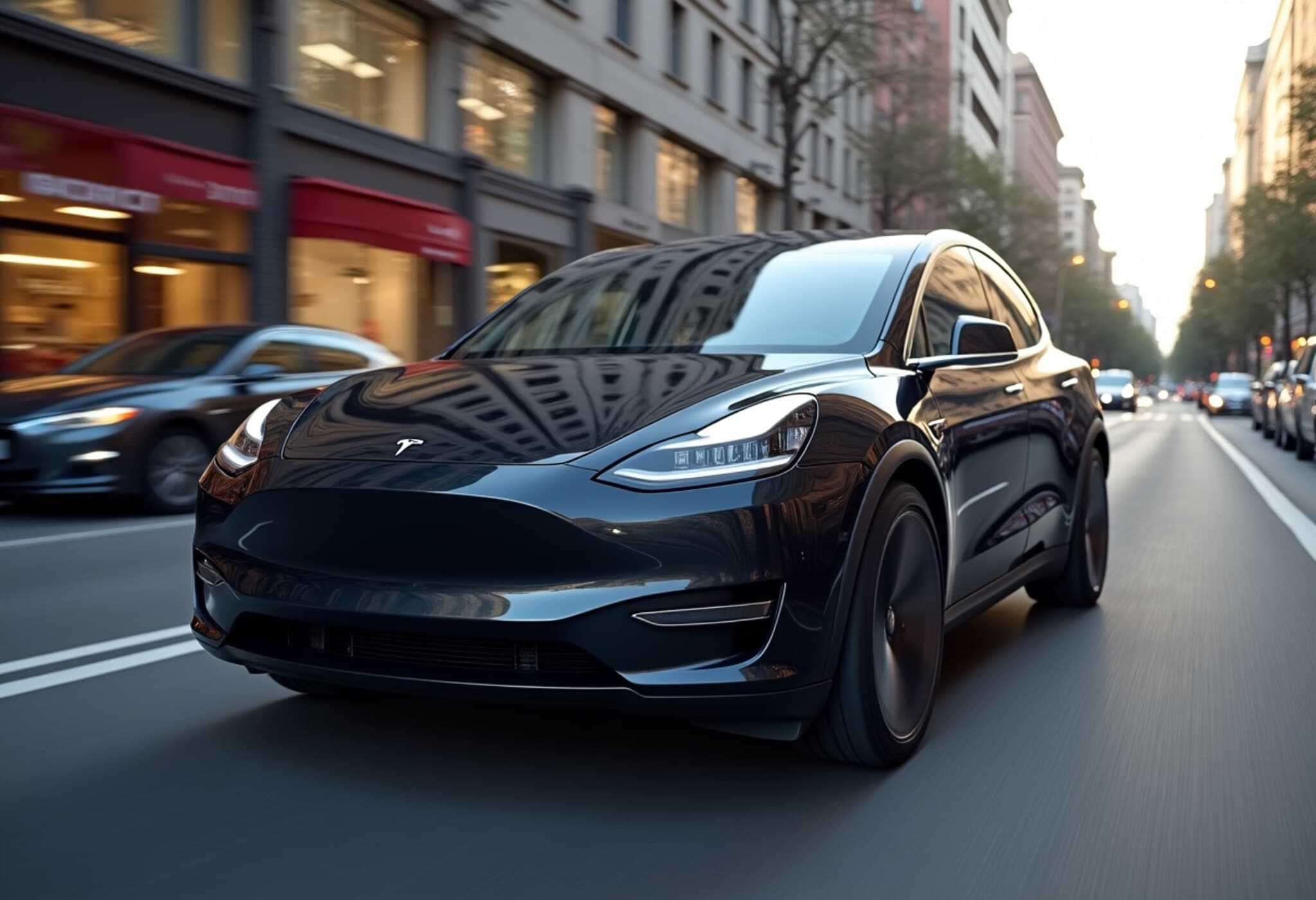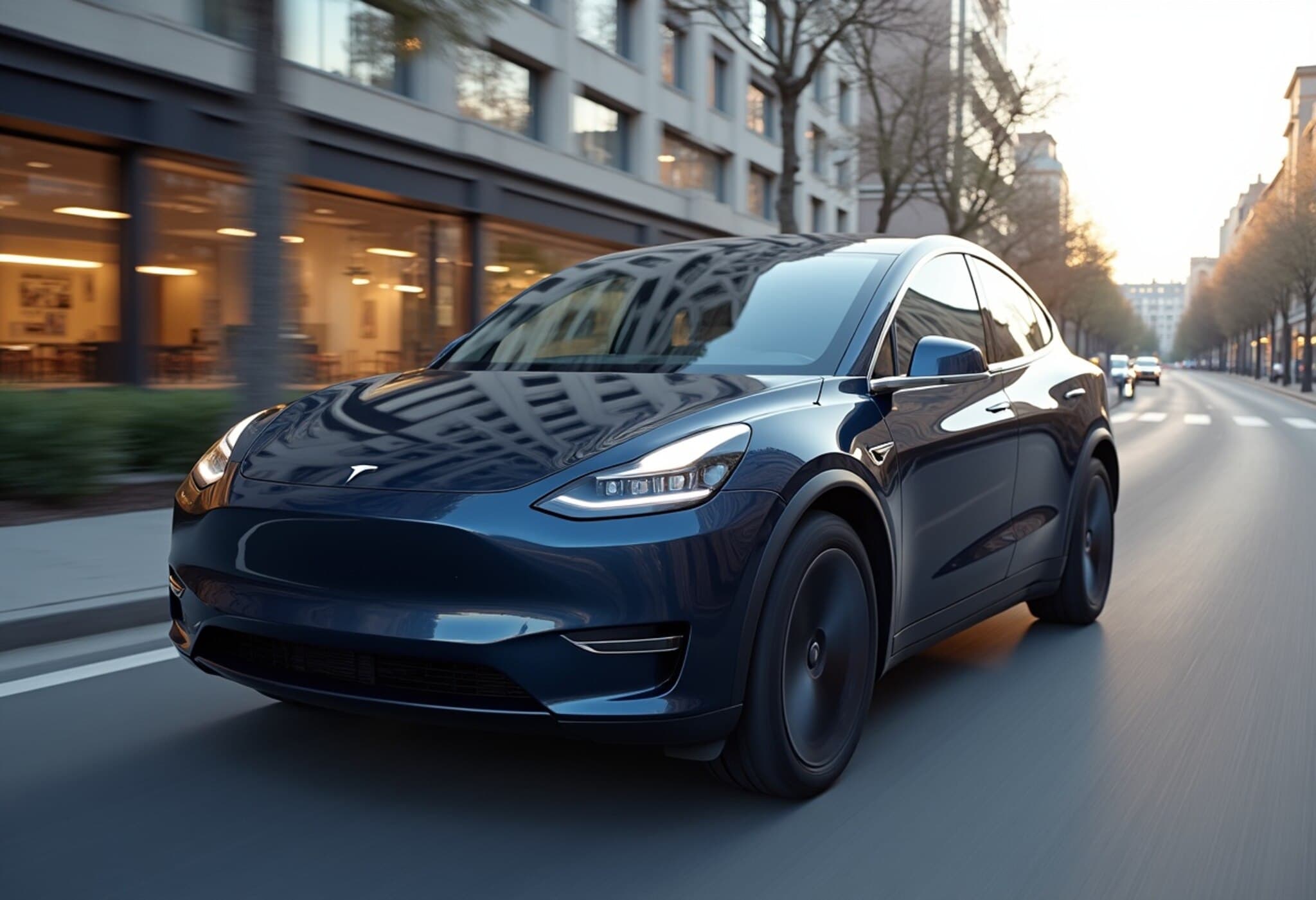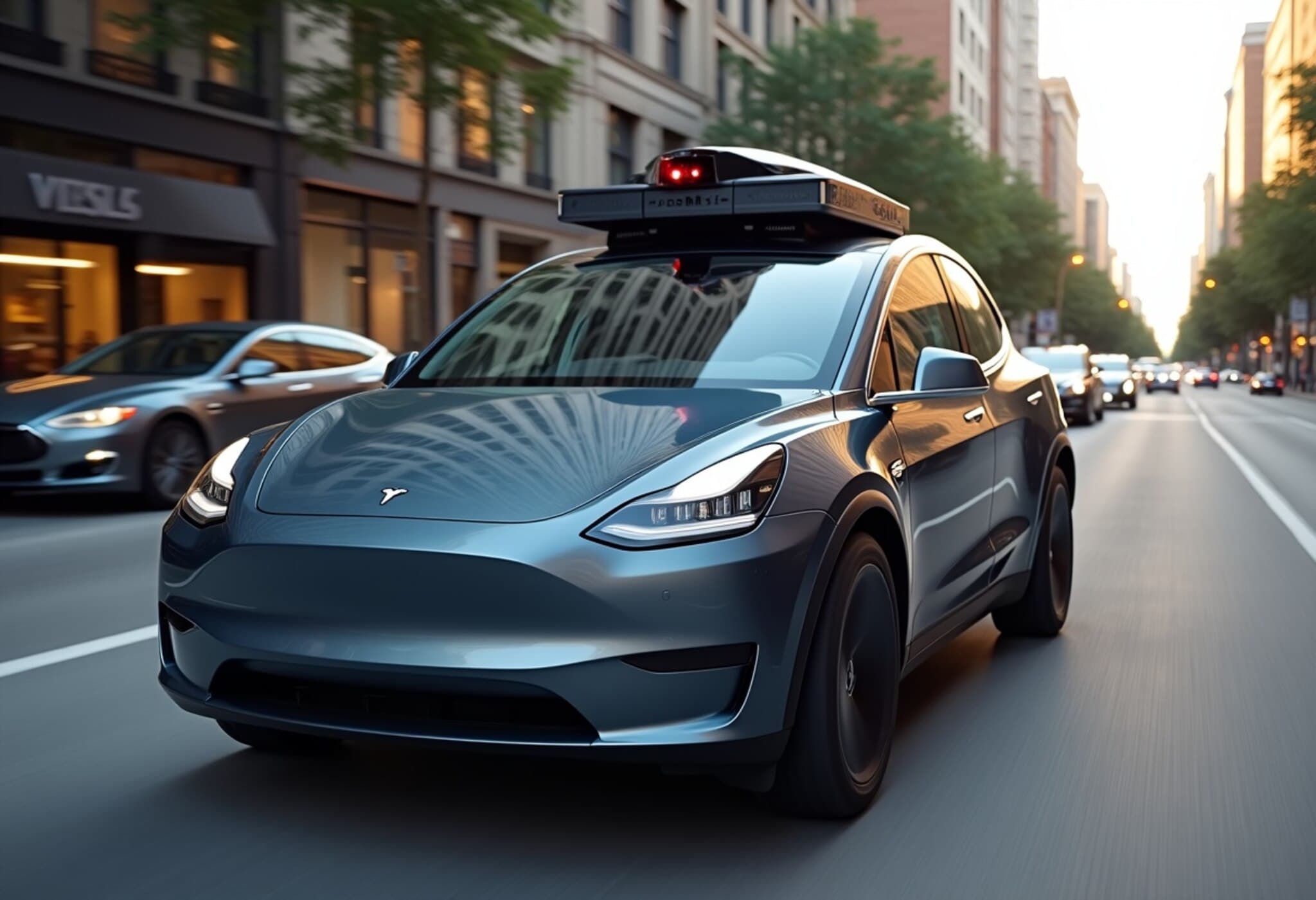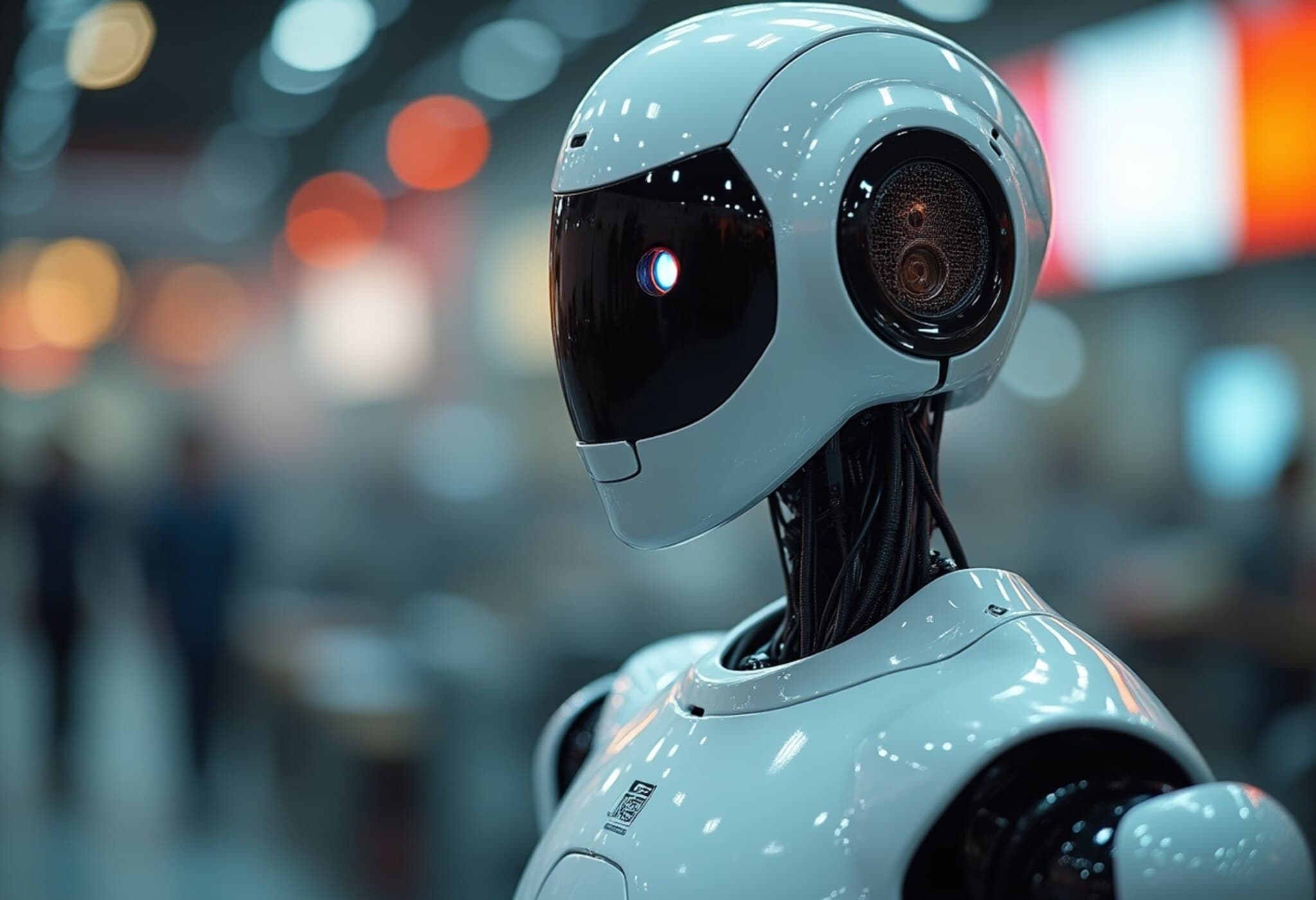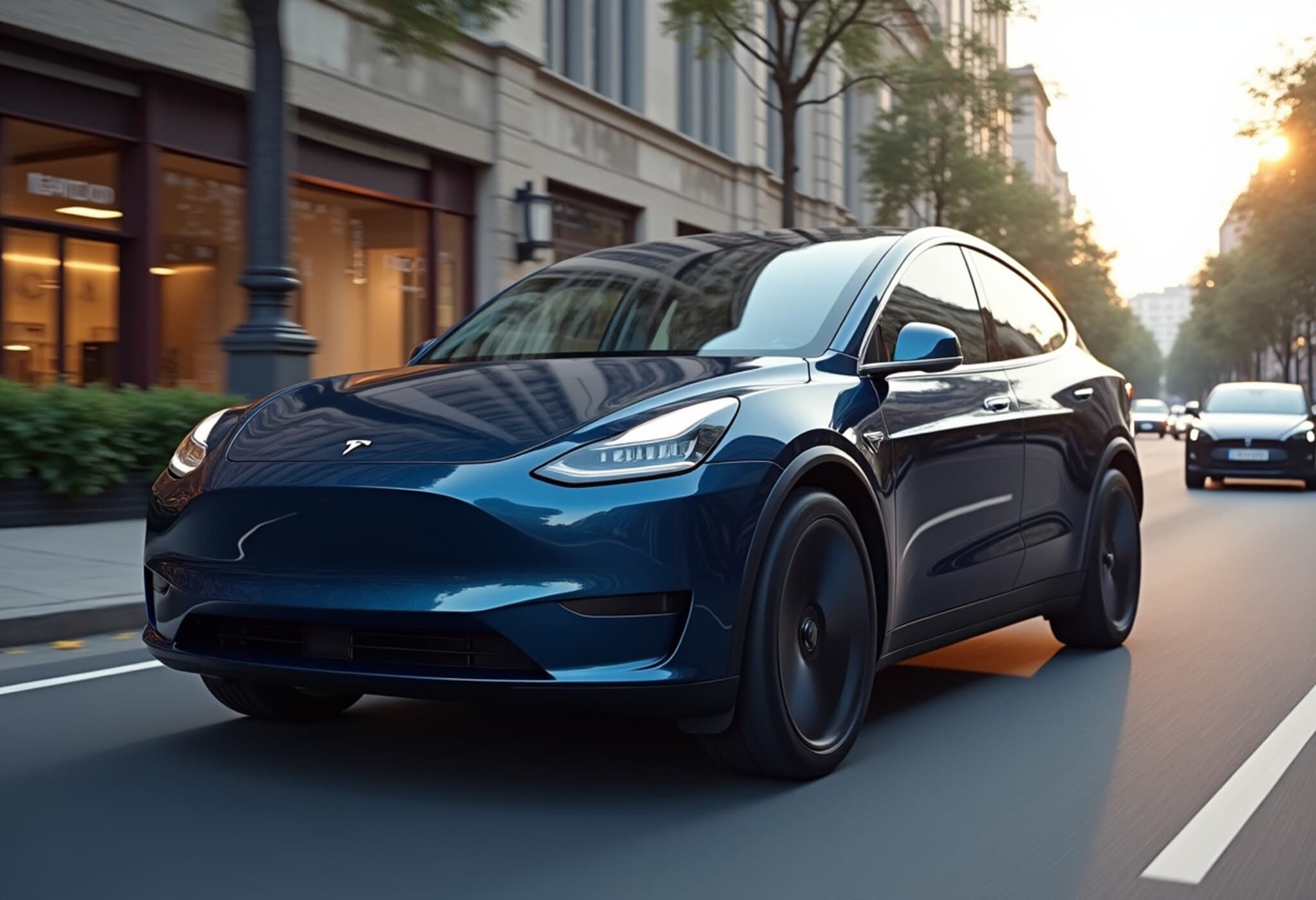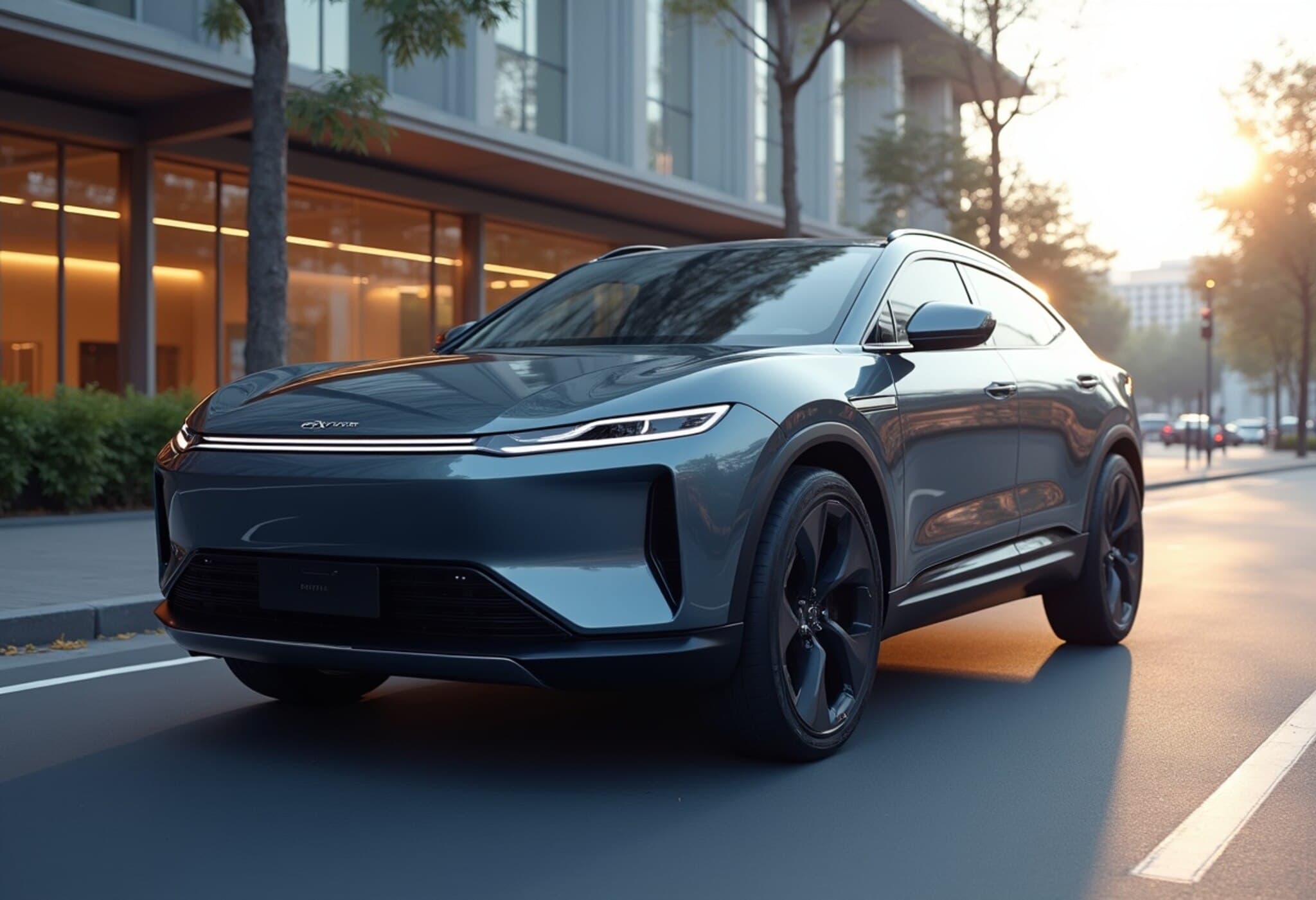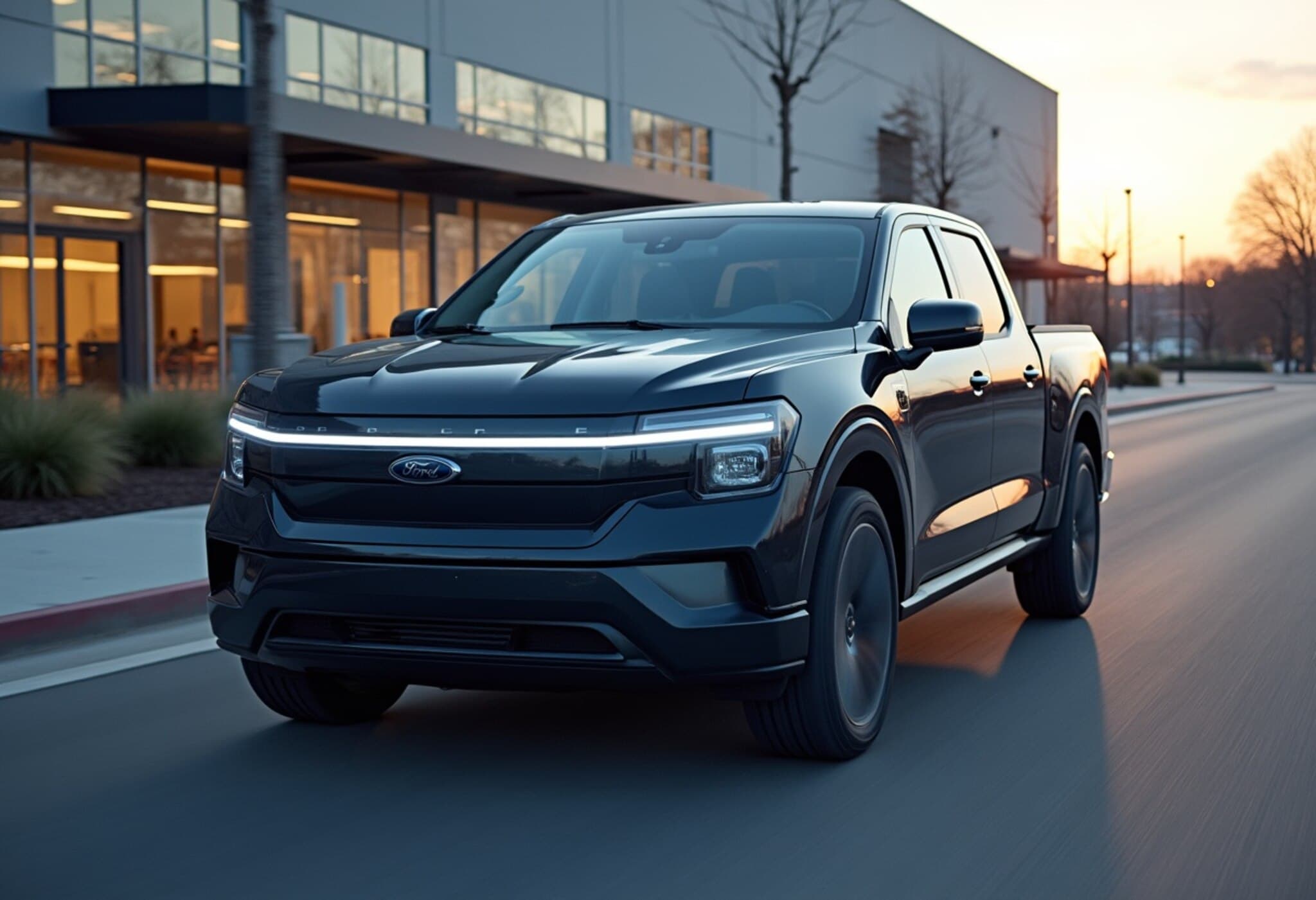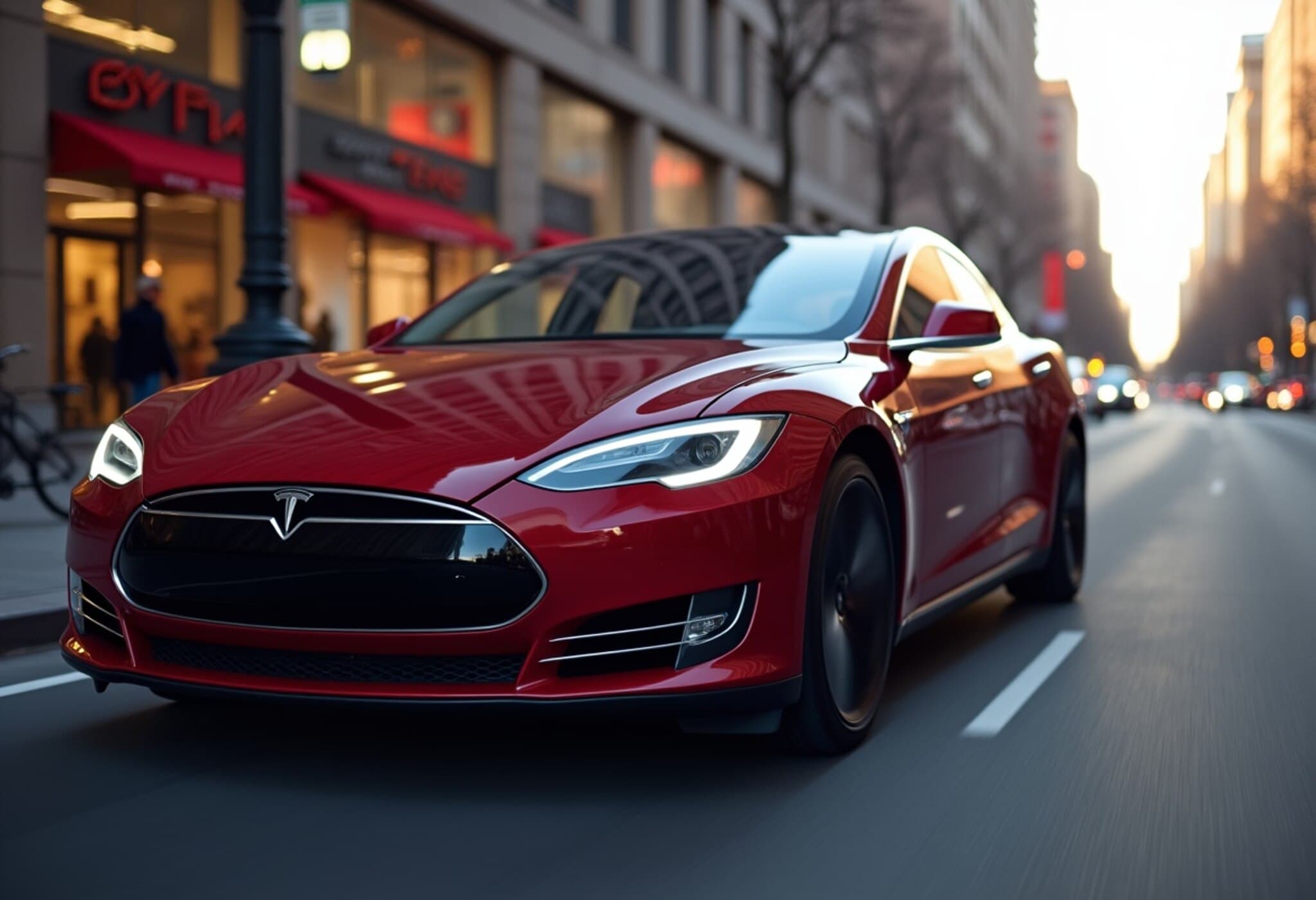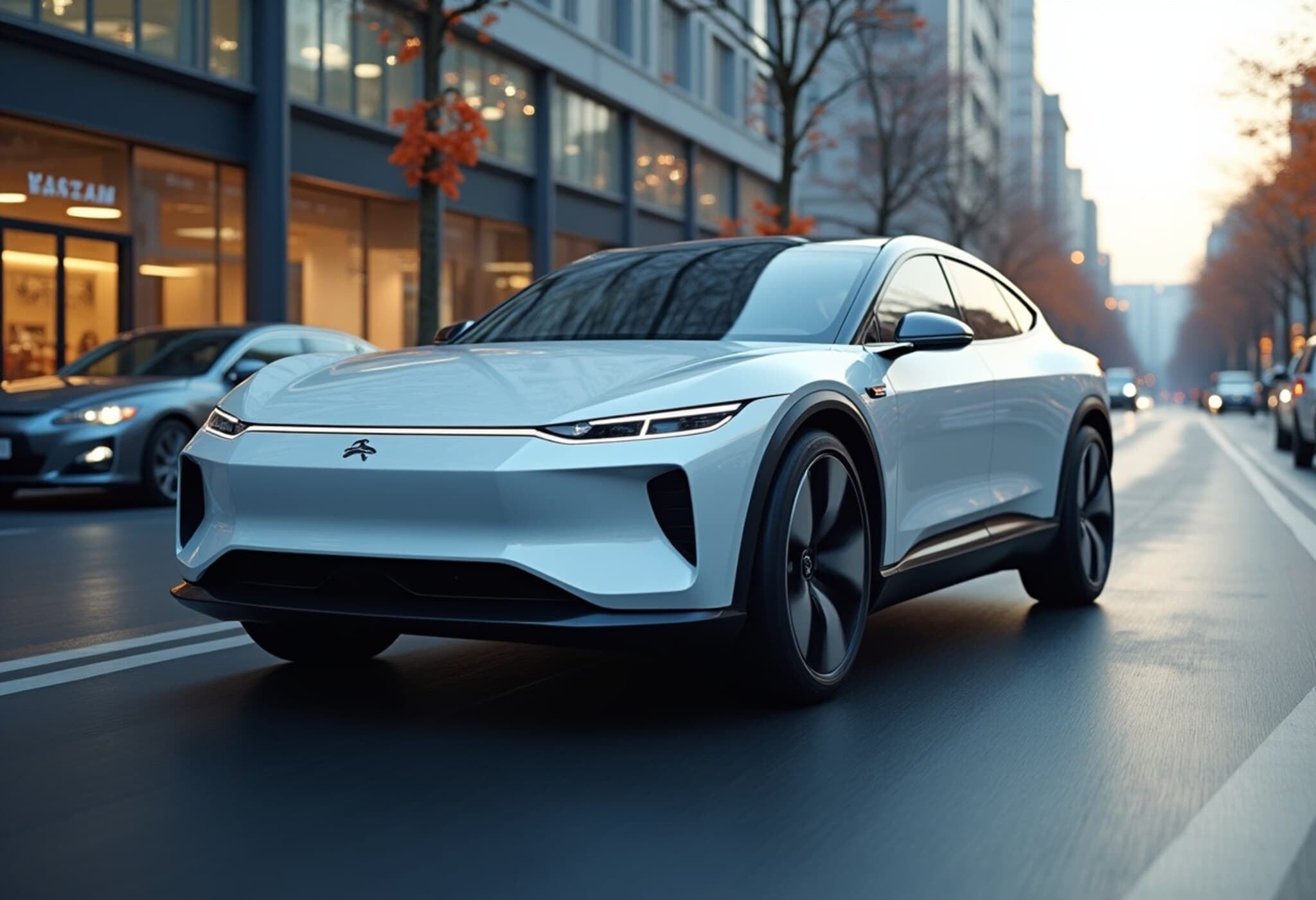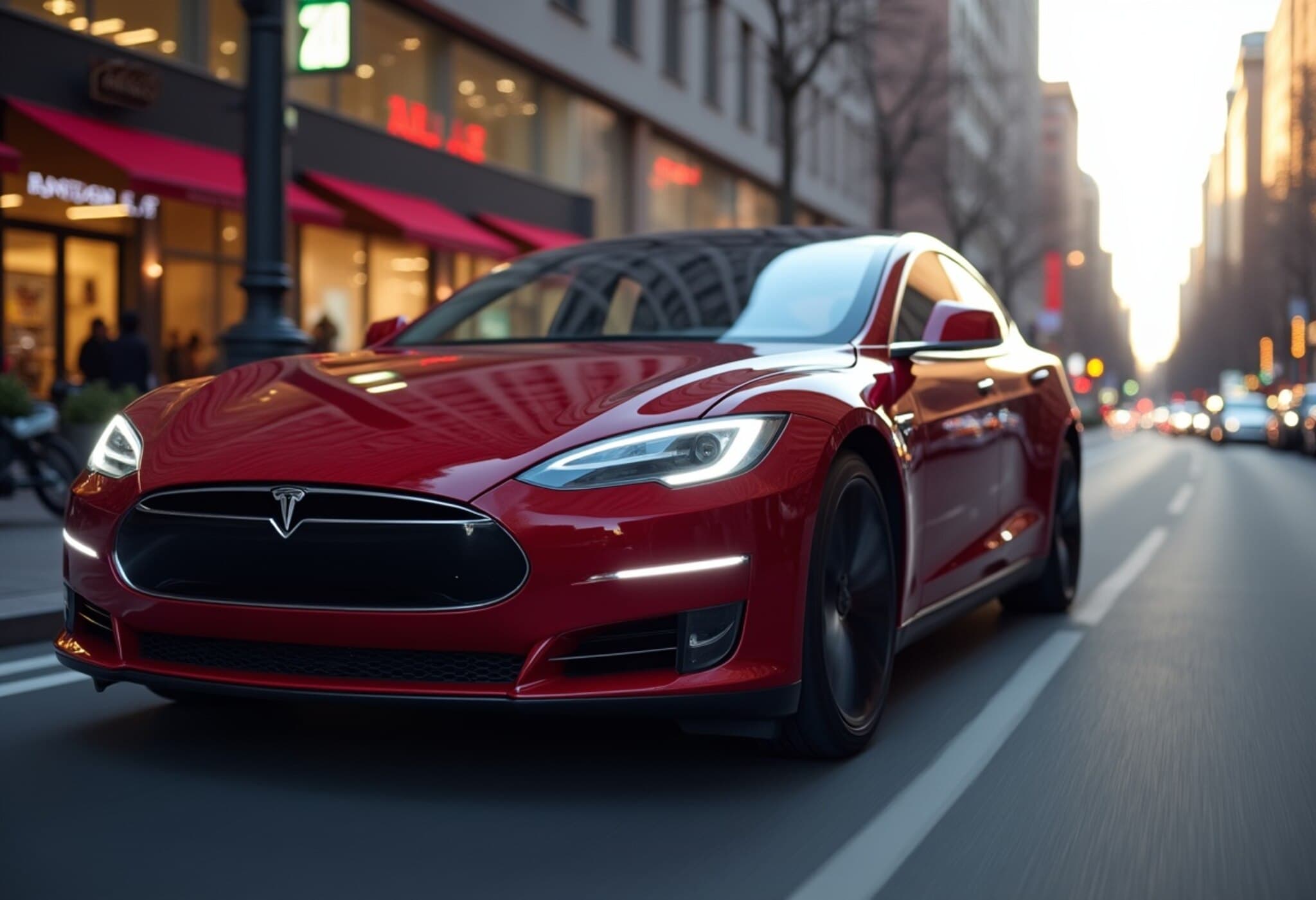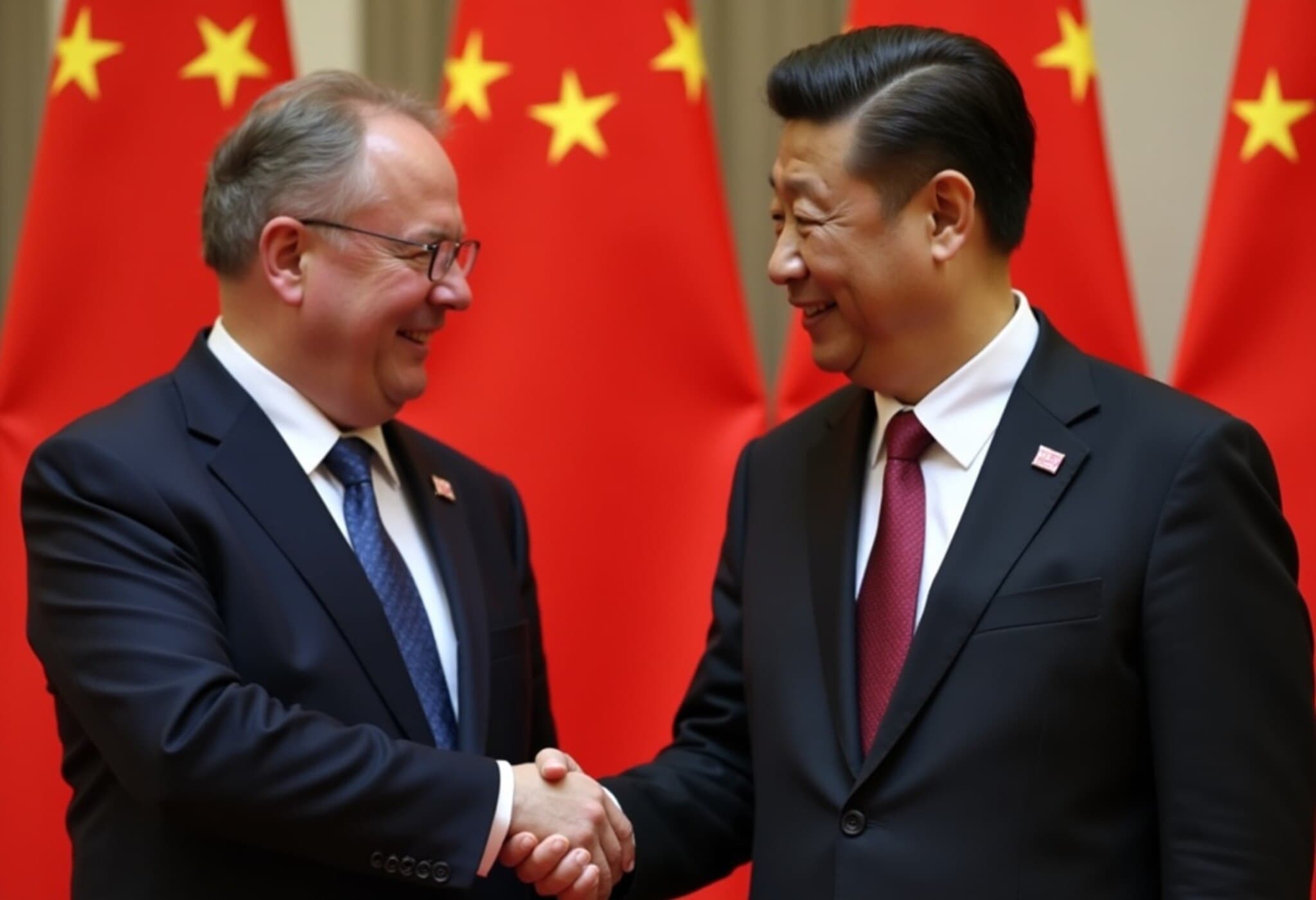Tesla Enters India's Premium EV Market with Model Y Priced at $69,770
Elon Musk’s electric vehicle powerhouse, Tesla, has officially set foot in India’s rapidly evolving automotive landscape by introducing its flagship Model Y SUV at a premium starting price of approximately $69,770 (about 6 million Indian rupees). This move comes as Tesla prepares to inaugurate its first showroom in Mumbai, marking a milestone for electric vehicle adoption in the world’s third-largest car market.
A Strategic Entry into India’s Premium Segment
Unlike the entry-level electric vehicles offered by Indian automakers such as Tata Motors and Mahindra, Tesla aims to carve out space in India’s niche luxury electric vehicle (EV) segment—currently accounting for a mere 4% of total car sales nationwide. By positioning the Model Y alongside established European luxury brands like BMW and Mercedes-Benz, Tesla is signaling its intention to capture discerning car buyers who value cutting-edge EV technology combined with prestige.
Price Point Reflects Import Duties and Market Positioning
- The Model Y rear-wheel drive version is priced at roughly 6 million rupees ($70,000).
- The higher-end Model Y Long Range rear-wheel drive costs approximately 6.8 million rupees ($79,000).
- For context, Tesla vehicles cost significantly less in other major markets: about $53,700 in Germany, $36,700 in China, and $46,000 in the US.
This steep price markup is primarily due to India’s import tariffs and regulatory levies, which collectively inflate the cost of imported EVs by nearly 70%. Despite these barriers, Tesla is pursuing an initial strategy of importing assembled vehicles until local manufacturing or assembly becomes feasible.
The Mumbai Showroom Launch: A Symbolic and Strategic Step
On launch day, heightened security and media attention swarmed Tesla’s inaugural showroom located in Mumbai’s bustling commercial district. The showroom, adorned in Tesla’s characteristically sleek and minimalist design language, revealed glimpses of the Model Y beneath elegant black and grey covers, a nod to the brand’s aura of exclusivity.
Early reservations have opened on Tesla’s Indian website—with an initial booking deposit of 22,220 rupees (~$260)—indicating Amercian-style direct-to-consumer sales are making headway in India. Additionally, Tesla will offer its Full Self-Driving (FSD) package for an added 600,000 rupees (~$7,000). While not fully autonomous today, Tesla promises that over-the-air software updates will enhance the vehicle's capabilities towards minimal driver intervention, reflecting the brand’s long-term commitment to innovative driving solutions.
Contextual Insight: A Challenging Yet Promising Market
India’s EV market has long been dominated by budget-friendly electric two-wheelers and entry-level passenger cars. Tesla’s entry introduces a new frontier, targeting affluent buyers with high expectations on technology, performance, and luxury. This segment’s growth—although small now—signals evolving consumer priorities in urban centers grappling with pollution and congestion.
Yet substantial challenges remain:
- High import duties threaten broader affordability and adoption.
- India’s charging infrastructure is still emerging, possibly hampering EV usability for long distance travel.
- Local EV manufacturing policies and incentives are rapidly evolving, creating some uncertainty around pricing and market dynamics.
Despite these hurdles, Tesla’s entry may accelerate policy shifts and infrastructure investments, given the global automaker’s brand heft and technological expertise.
Expert Commentary: What Tesla’s India Launch Means Globally
Industry analysts note Tesla’s foray into India is a calculated bet on the country’s long-term EV potential, despite current challenges like excess global factory capacities and declining sales in mature markets. By entering now, Tesla secures an early foothold and gleans crucial market insights, which can shape future localization strategies.
Moreover, Tesla’s focus on premium buyers—those willing to pay a steep premium for innovation—may create a halo effect, enhancing electric vehicle desirability across all segments in India.
Looking Ahead: The Road for Tesla and Electric Mobility in India
As deliveries are slated to begin in the third quarter of 2025, all eyes will be on how Indian consumers respond to Tesla’s high-priced Model Y. Will Indian luxury buyers embrace it as a status symbol and a tech marvel, or will local brands with more affordable offerings retain their grip on the growing EV segment?
How Tesla navigates import tariffs, local regulations, and infrastructure concerns could redefine the country’s automotive future. The company’s approach could also ignite competitive responses from domestic automakers and global players eager to tap India’s burgeoning middle class and environmental commitment.
Editor’s Note
Tesla’s launch of the Model Y in India is more than a commercial move; it’s a litmus test for the country’s EV infrastructure and consumer appetite for premium electric vehicles. While high prices driven by import duties limit accessibility, Tesla’s entry could catalyze policy reforms and investments in charging infrastructure. As India wrestles with sustainability goals and economic growth, Tesla might just be the spark that accelerates adoption of cleaner, smarter mobility solutions.
Key questions remain:
- Will Tesla localize manufacturing to ease cost pressures and compete more broadly?
- How quickly can India’s EV ecosystem mature to support high-end EVs?
- Can Tesla’s software-driven vision of autonomous driving gain traction in the Indian regulatory landscape?
Stakeholders will be watching closely as Tesla drives forward in one of the world’s most challenging yet promising car markets.

